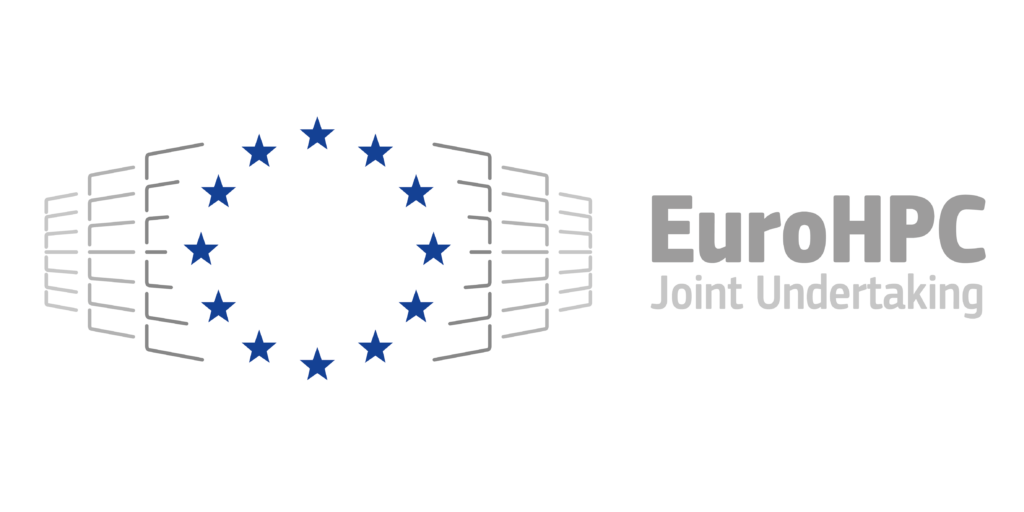EPI’s second press release, published on November 4 2019, is available in the news section: https://www.european-processor-initiative.eu/european-processor-initiative-first-year-of-activities/ and here.
At the 2nd RISC-V Meetings, organized by IRT Nanoelec and CEA and The Scientific Day of IRT SE & GDR SOC2: RISC-V for critical embedded systems, organized by IRT St-Exupéry and GDR SOC2, EPI partners held two presentations.
The first one made by Romain Dolbeau, who gave a talk titled “European Processor Initiative: challenges & opportunities for RISC-V accelerators in an HPC platform”, is available upon request due to file size. The second, done by Denis Dutoit, is available for download here. Ater an introduction on High Performance Computing new challenges and associated technology/architecture evolution, the presentation highlighted the EPI position statement on generic computing, accelerator with RISC-V and design methodology. The presentation concluded with an explanation of EPI’s roadmap towards a wide range of applications from Exascale computing to embedded HPC.
Europeans Add 3D Integration to Exascale Technology Stack
At the workshop called “The future of Powertrain Technologies – Opportunities from Pisa and surrounding”, EPI’s consortium partner the University of Pisa presented their activities, including the ones in the European Processor Initiative.
On Thursday, October 10th KIT held the first automotive summit in cooperation with the Tongji University in Shanghai. Many representatives from research and companies in China such as BMW, Infineon, Intron and UAES (Bosch in China) participated and gave interesting presentations about their current and future R&D projects. One major topic is autonomous driving and how it can be accomplished with the currently available computing resources. Solutions ranging from edge and cloud computing to embedded HPC. In this discussion, the EPI project should not be missing. This is why Prof. Jürgen Becker from KIT gave an interesting talk about the recent research activities in Germany and Europe also mentioning the on-goings in EPI and the known partners in the consortium. The project and plans were well received by the audience.
Changing Approaches to HPC systems
Made in Europe: Taking a major step towards building supercomputers
On October 10th in Nancy, France, within an IEEE I&M France Chapter/GDR SoC2 Workshop Prof. Sergio Saponara from the University of Pisa, Italy, held an IEEE IMS DL about ACES (autonomous, connected, electrified and shared) vehicles and related instruments and measurement/perception tools. The IEEE DL presented the opportunities and challenges of the ACES trends, with a focus on high-performance machine-perception sensors (like Radar, Lidar, Camera), navigation and positioning technologies (Inertial Measurement Units, Global Position/Navigation Satellite Systems). The challenge of the High-Performance Computing, needed on-board the vehicles to process in real-time such a large amount of data, using either deterministic signal and data processing techniques or new machine learning and AI tools, have been also discussed. To this aim, the opportunities offered by the European Processor Initiative H2020 project have been also presented.
The Arm Research Summit offers a unique forum where academics, researchers and industry experts come together to discuss their own projects, discover the latest developments across a wide range of different fields, and make new connections for future collaborative opportunities. The 2019 event focused on the importance of collaboration across multiple disciplines to address ever more complex computing challenges. The summit includes keynote talks, presentations, workshops and demos from experts across all fields of technology research, and plenty of all-important networking opportunities.
EPI’s Romain Dolbeau and Ying-Chih Yang presented.
Menta, EPI’s consortium partner, shared its exhibition space and hosted EPI materials at the TSMC OIP Forum, in Santa Clara, USA.

